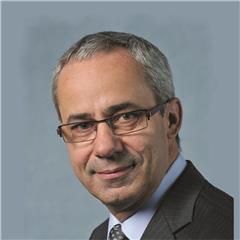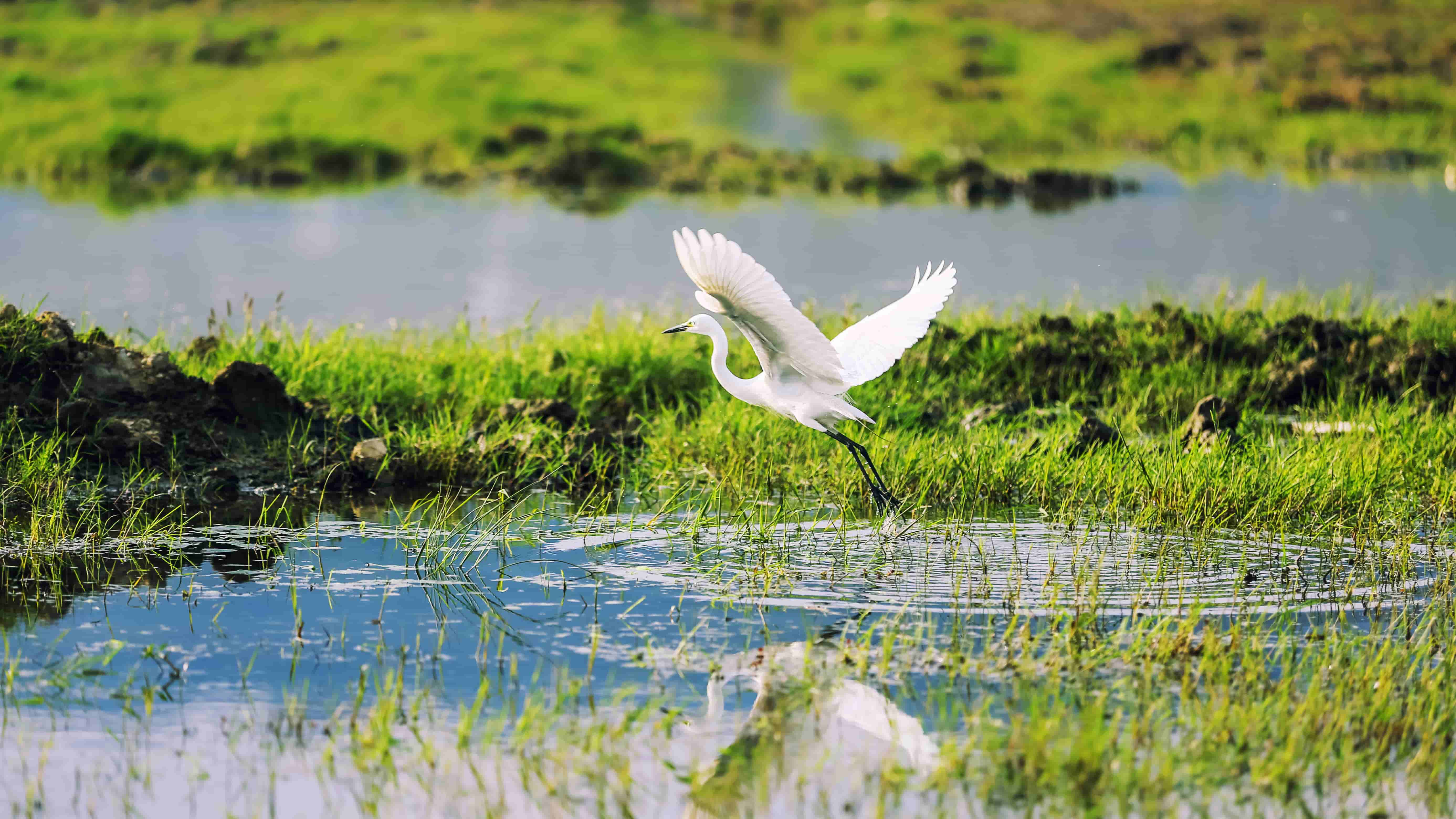World Biodiversity Day: SUEZ is committed to preserving and regenerating biodiversity in Asia and beyond, at its sites and with its customers
By their very nature, SUEZ's core businesses of water and waste management contribute to preserving nature and biodiversity
Biodiversity encompasses all living organisms, their ecosystems, and their interactions. It is essential to vital human services such as food, drinking water, medicines and climate regulation. By providing wastewater treatment and waste management services, SUEZ contributes directly to preserving nature and biodiversity.
In Asia, SUEZ is actively developing alternative water sources including seawater desalination and recycled water. The Group's desalination projects in Yantai, Hsinchu and Metro Iloilo have a combined daily treatment capacity of 266,500 cubic meters. In the circular economy sector, SUEZ promotes the production of recycled materials such as plastics, batteries, activated carbon, construction waste and refuse-derived fuel. In 2024, SUEZ in Asia produced 39 million cubic metres of reclaimed water, capable of meeting the annual water needs of over 600,000 residents.
To strengthen its action, the Group made concrete commitments in its 2023–2027 sustainable development roadmap to reduce its own impact on biodiversity and accelerate the deployment of solutions that support its regeneration.
Addressing the five factors responsible for biodiversity loss
Globally, a quarter of the studied animal and plant species, or one million species, are threatened with extinction. To help halt this decline, SUEZ is taking action against land artificialisation, the overexploitation of natural resources, climate change, water pollution, and invasive alien species.
At the Shanghai Chemical Industry Park, SUEZ has applied its patented technology Zone Libellule to establish a wetland in the park, a perfect example of a nature-based solution. By harnessing natural purification processes to treat industrial wastewater, the wetland simultaneously provides a thriving habitat for local flora and fauna. In Chongqing, Qingdao, Panjin, and Changshu, SUEZ successfully restored ecosystem functionality at plant sites, which also serve as community environmental education centres. The Panjin project was recognised by local authorities as "Panjin's 66th Mini-Wetland".
In the Dalian Hengli Petrochemical Park, SUEZ incorporated the concept of an "embedded WWTP" in the industrial wastewater treatment plant, delivering innovative wastewater solutions to protect the ecology of the Bohai Sea and spotted seal habitats. The project’s outstanding contributions to GHG emissions reduction and climate change mitigation has won the Special Climate Prize in Innovation.
In the Philippines, SUEZ is establishing the Central Manila Sewerage System (CMSS) Water Reclamation Facility to fast-track Manila Bay's rehabilitation, targeting a significant reduction in Manila Bay’s water pollution.
Additionally, SUEZ has implemented biodiversity action plans at its operational priority sites in Asia, raising public awareness through community programmes and collaborating with NGOs to amplify impact. These initiatives bolster biodiversity conservation in the region and contribute to global sustainability expertise, showcasing the pivotal role of environmental enterprises in safeguarding our planet's future.
SUEZ's commitments to biodiversity are available at: https://www.suez.com/en/group/sustainable-development/2023-2027-roadmap/nature



